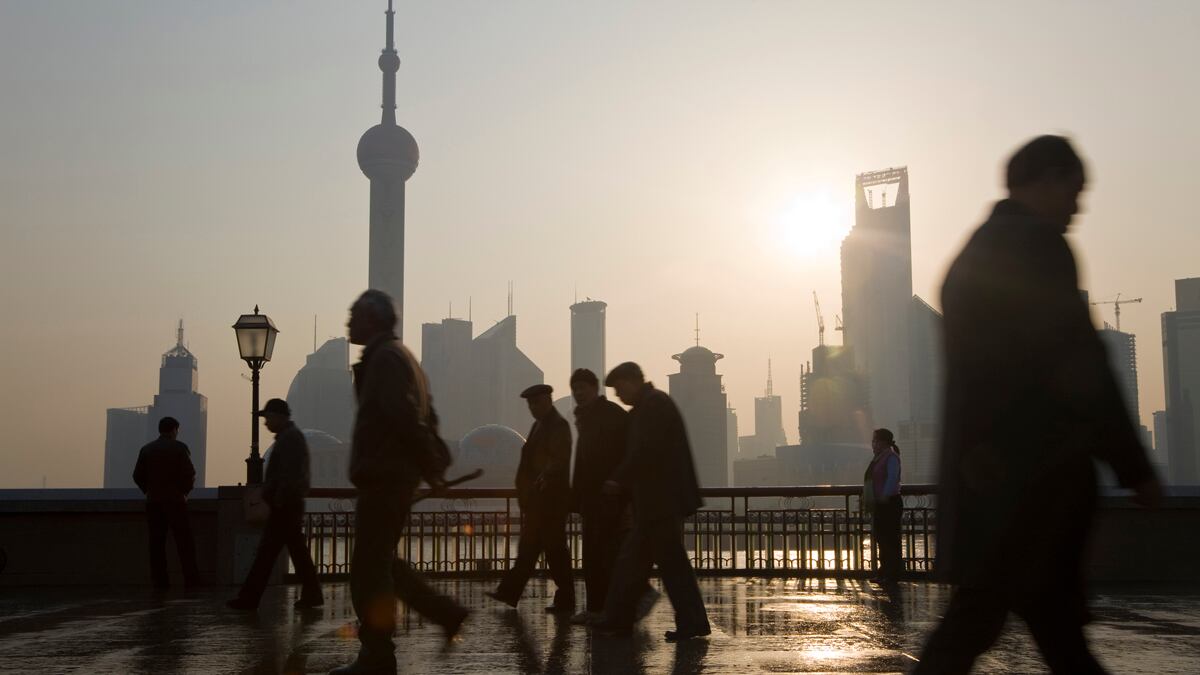Yesterday McAfee Security divulged details about one of the largest series of Internet security breaches in history, in which hackers attacked the computer networks of 72 organizations around the world. Many of the organizations’ identities haven’t been revealed, but those that have read like a Chinese hit list: the government of Taiwan, the International Olympic Committee, and 12 U.S. defense contractors. Good hacking is notoriously difficult to trace; yet may experts see China, which had both the motivation and capability to launch such a large attack, as the likely culprit. McAfee’s Vice President of Threat Research, Dmitri Alperovitch, delicately blamed a “state actor” for the carnage, but said that if others want to draw the conclusion that it’s China, “I certainly wouldn’t discourage them.”
China has responded to the hacking allegations with the foreign policy equivalent of a long, exasperated sigh. Most Chinese reporting on the incident noted the “absurdity” of blaming China, or insisted that China is the victim. “Western Media is Again Hyping the So-Called ‘China Hacking Threat’” screams one headline from the Shanghai Morning Post. Chinese media has focused more on the U.S. hiring hackers than on the world’s biggest security breach. "To level accusations at China based on McAfee is totally baseless considering that the U.S. is the first country to create a cybermilitary command and top hackers attend the Black Hat conference in Las Vegas every year," said Li Wei, a security expert with the China Institute of Contemporary International Relations.

“China’s official reaction is always that China is the biggest target of hackers,” Hong Bo, a popular Chinese tech writer who blogs under the name Keso, told The Daily Beast. “When there is an accusation from the U.S. they always refute it and say Chinese websites always get hacked and the Chinese government has a very low level of security.” As news surfaced of major hacking around the world, many Chinese commentators pointed to the statistic that 121 million Chinese computers have been hacked. After Google accused the Chinese government in June 2011, again, of hacking hundreds of personal Gmail accounts, China’s foreign ministry spokesman responded that "allegations that the Chinese government supports hacking activities are completely unfounded and made with ulterior motives." “Over so many years, there have been so many accusations against the Chinese government about launching cyberspace attacks,” said Shi Yanhong, an international relations expert at People’s University in Beijing. “In this context, if you look at Chinese foreign policy style, I don’t think the Chinese government would be so bold to continue this kind of activity.” The foreign ministry declined to comment to The Daily Beast. In the absence of stronger evidence, it is possible that China played a limited, or nonexistent, role in this round of hacking. “That’s the big problem,” says Jeffery Carr, CEO of Taia Global, a cybersecurity firm. “Not that China doesn’t do it, but that you need to have a better caliber of evidence.” Until then, as Shi says, neatly summing up the Chinese point of view, “I think many, many people are not in a position to judge.”






